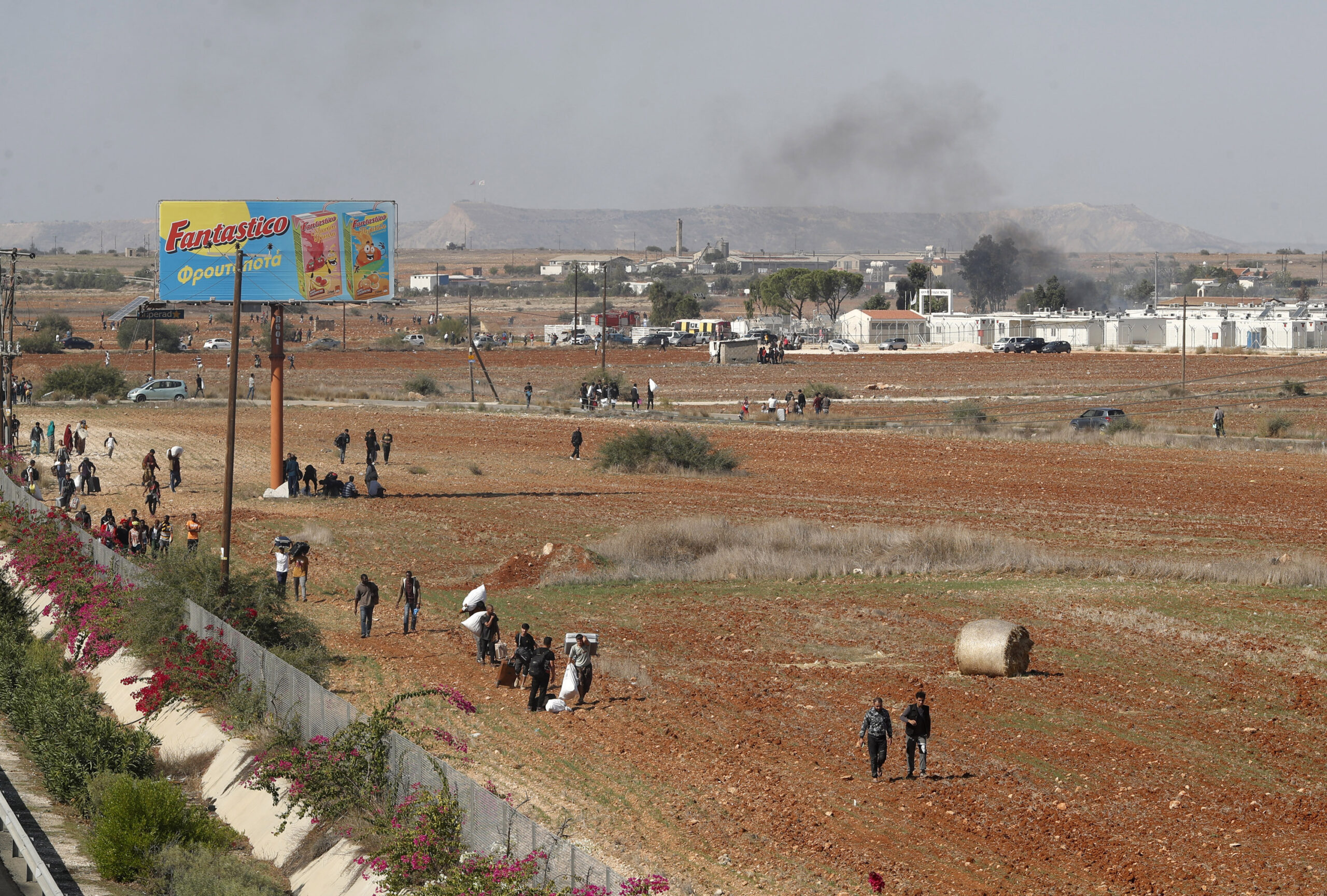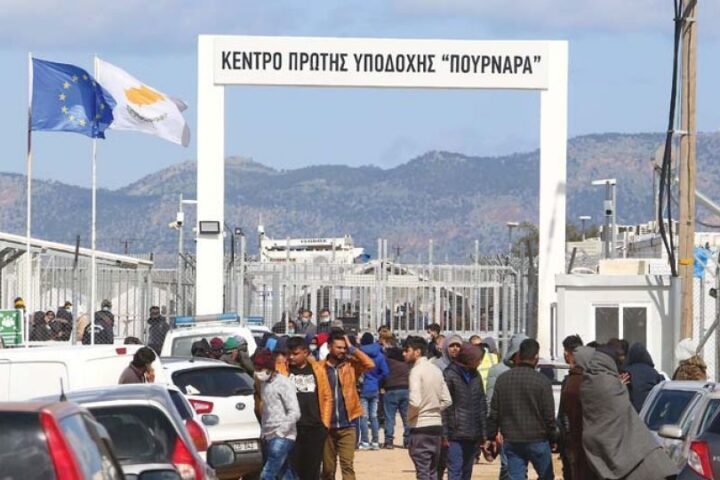Cypriots have increasingly unfavourable views towards refugees, migrants, and asylum seekers, according to a survey by the United Nations High Commissioner for Refugees (UNHCR) office in Cyprus.
It aimed to identify perceptions and attitudes towards refugees, asylum-seekers and migrants and compare trends and shifts in public opinion from the last survey in 2018.
“The small size of Cyprus, the possible changes in the island’s demographics and the fear of criminal/violent behaviour continue to constitute the main concerns the public has regarding refugees and asylum-seekers,” according to the findings.
“The most notable change between 2018 and 2022 appears to be a significant negative shift in attitudes towards integration.
“The majority of respondents recognised that certain obstacles to refugee integration, such as xenophobia and racism, are posed by the local population.”
As the UNHCR report notes, while this suggests an increasing awareness among the public of negative norms, a significant number of participants perceive the issue stems from migrants’ unwillingness to integrate.
“It appears that the idea that refugees and asylum-seekers do not want to integrate into Cypriot society is working as an ideological, moral disengagement strategy, shifting the responsibility for integration to refugees and asylum-seekers themselves.
“It could be argued, based on the findings, that there is an increasing trend favouring isolation rather than integration”.
According to the survey, there has been a significant increase in those favouring camps to accommodate refugees and asylum-seekers.
“Percentages favouring integration in society have decreased since 2018.
“This is probably attributable to the dominant political and public discourse where the refugee integration component is absent”.
Confusion
The findings indicated that Cypriots are confused over the difference between refugees, asylum-seekers, and migrants.
“When comparing the three groups, the most negative representation is that of asylum-seekers while the least negative is that of refugees.
“This may be attributed to the fact that many Cypriots identify themselves as refugees following internal displacement in 1974.”
The representation of these groups revolves around two main categories: suffering/hardships and negative threats.
When comparing the three groups, the most negative representation is that of asylum-seekers, while the least negative is that of refugees.
“Refugees are considered to be the group suffering the most, while asylum-seekers are perceived to suffer the least.
“Moreover, among the three groups, refugees are perceived to be the least threatening while asylum-seekers are perceived to be the most threatening group.
“Migrants fall in the middle, both about suffering and threat posed to society.”
Those from Ukraine who arrived in Cyprus since February 2022 are not perceived as asylum-seekers or refugees.
“There is clear recognition by the vast majority of the participants of the difficult conditions refugees and asylum-seekers are facing in reception centres, which are considered unsafe and unsuitable for habitation”.
The UN Refugee Agency said the majority of the respondents responded positively to calls for support and donations of food, clothes, and money in daily life situations.










